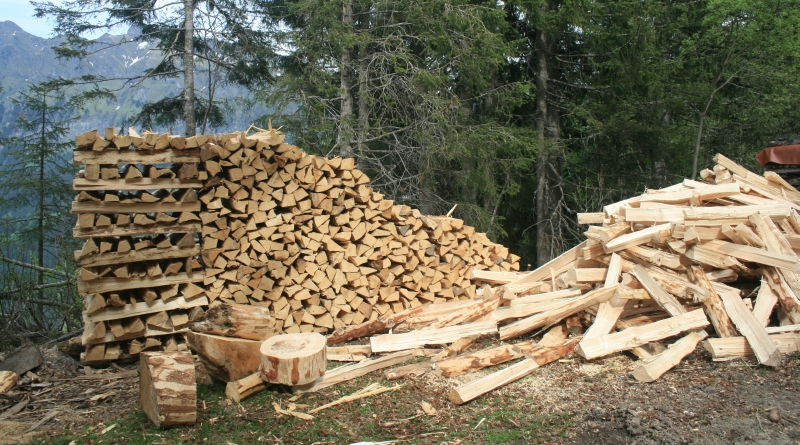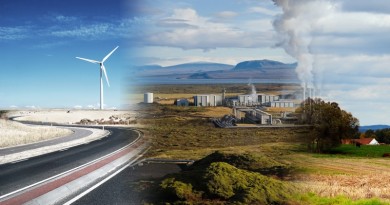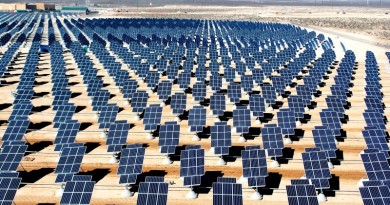Benefits of biomass
Biomass is one of renewable energy sources and refers to biological material derived from living organisms such as wood and waste. Biomass is not only used to generate electricity as it is also able to produce heat. Among the simplest examples of biomass are the forest residues such as dead trees and wood chips, which have shown very good potential as energy sources. Biomass also includes plant or animal matter used for production of fibers or chemicals. Biomass energy has very long history and has been used in primitive forms since the early days of mankind. Burning wood in a cave is also a form of biomass energy, a simple conversion of an organic material to heat. Putted in even simpler words, a fire converts the organic wood into heat.
The other thing one need to know about biomass is that biomass energy is derived from five distinct energy sources: garbage, wood, waste, landfill gases, and alcohol fuels. Biomass can be relatively easy converted to other usable forms of energy like methane gas or transportation fuels like ethanol and biodiesel. There are several conversion technologies that may release the energy directly, in the form of heat or electricity, or may convert it to another form, such as liquid biofuel or combustible biogas. Biomass is becoming very popular and getting worldwide acceptance day by day.
Biomass is still subject of many debates when it comes to talking about benefits of biomass, especially when compared with other renewable energy sources. Despite these lively debates most scientists will still tell you that biomass has many advantages over fossil fuels and it does help to decrease the amount of carbon emissions. The main benefits of biomass are as follows:
- Biomass is a renewable energy source – The most obvious benefit of biomass energy is that biomass is renewable source of energy, meaning that it cannot be depleted like this is the case with fossil fuels. Biomass mostly derives from plants and plants are needed to support life on this planet. In other words, as long as plants are going to be on this planet, biomass will be available as renewable energy source.
- Biomass helps climate change by reducing greenhouse gas emissions – Biomass indeed helps reduce the amount of greenhouse gas emissions that give more impact to global warming and climate change. Though biomass is connected with certain level of emissions this level is far smaller compared to currently dominant energy sources, fossil fuels. The basic difference between biomass and fossil fuels when it comes to amount of carbon emissions is that all the CO2 which has been absorbed by plant for its growth is going back in the atmosphere during its burning for the production of biomass energy while the CO2 produced from fossil fuels is only going to atmosphere where it increases Earth’s greenhouse effect and adds to global warming. It should be also pointed out that compared to biomass fossil fuels when burning not only produce CO2 but also sulfur dioxide and lead oxide which are very toxic gases.
- Cleaner environment – The third main benefit of biomass energy is that biomass can help clean our environment. World population is constantly increasing, and with the increase in population there is also a problem of increased waste which needs to be properly disposed. Many of garbage ends up in rivers, water streams, oceans harming nearby ecosystems and having negative impact on human health. Instead of pollution our planet with all this garbage we could use it for the production of this energy and it helps cleaning our environment from many different form of pollution.
- Biomass is widely available source of energy – Even the opponents of biomass do not argue that biomass is widely available energy source. With biomass, almost everywhere we look we can find the potential source for the production of biomass energy. This is certainly one of the main benefits of biomass energy over fossil fuels. As we all know that fossil fuels are not going to last forever, and once fossil fuels will be depleted world will need to have relatively cheap, readily available energy source, and this is where biomass should step in and make the difference. Many energy experts agree that when you combine economic and environmental character of energy sources biomass will be on top of your list as one of the best energy sources.



